Everyone knows Canada’s credit bureaus Equifax, Experian and TransUnion calculate a person’s credit score. But the exact formula they use is not disclosed. If you’re wondering how long does it take to rebuild credit score, the quickest answer is between three to six months. However, take that answer with a grain of salt, since the answer to this question is not as simple as that.
The actual length it takes to rebuild your credit score will depend on factors such as:
- what you consider a “good credit score”
- what kind of debt and financial issues caused your credit score to take a plunge, and
- what you activities you can afford to improve your credit score.
This guide should give you a more accurate and personalized picture of the months (or years) it would take to rebuild your credit.

What is a Credit Score?
A person’s financial standing revolves around his credit score. This score is rated on a scale of 300 to 900 points with the higher number showing good credit.
Everyone’s credit rating and score are reviewed by landlords, employers, phone companies, banks, and other institutions to determine the amount of credit they will trust you with. Simply put, it is the numeric value lenders assign as your trust or risk level.
If you have an excellent credit score, you might also receive a higher credit limit on Gold/Platinum credit cards or a bank loan with lower interest rates.
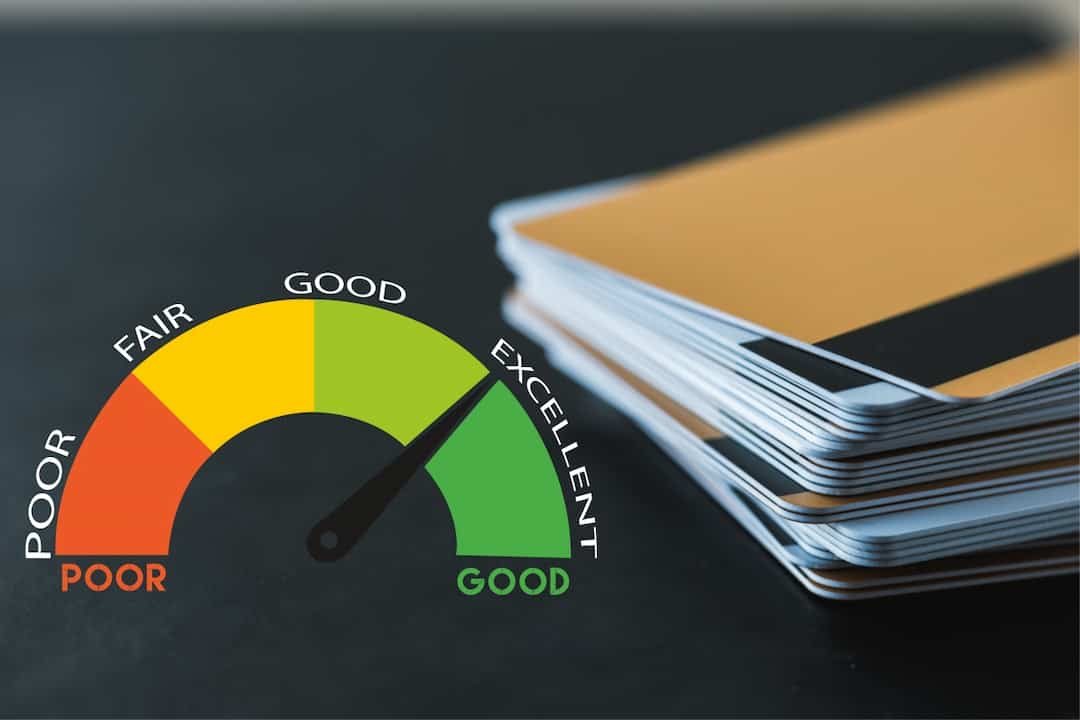
What Is A Good Credit Score?
In Canada, everyone begins with poor credit (around 600 to 649) since young adults begin their financial journey without any credit history.
As they begin to work, buy a phone subscription, take student loans, create a bank account, and do other similar activities, people slowly increase their credit score. As long as people make timely payments and become responsible with different types of credit, their creditworthiness improves and their good credit scores go from 650 to 699 (fair credit), 700 to 749 (good credit) and lastly 750 to 900 (excellent credit).
However, if a person files for bankruptcy, hold a history of late payments or missed payments, get into a revolving door of debt, or pile up dispute after dispute with lenders, then their score plunges to 600 or below and is tagged as bad credit.
If you have bad credit scores, it is highly unlikely to get new credit. You’d have to continue timely bill payment until your scores improve.
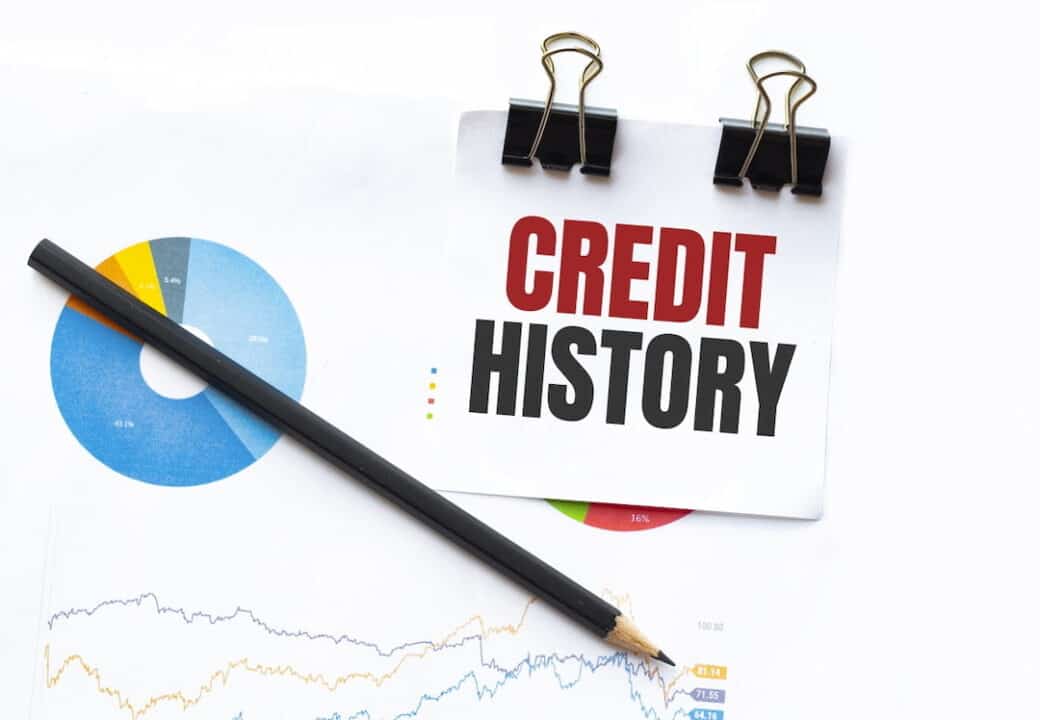
Build a Positive Credit History
You should first understand how to build a positive credit history and what activities and habits impact your credit. For example:
- Positive payment history – If you ensure to take care of payments on time, month after month, you increase your credit in the process. One late payment won’t be so bad, but if your payment history shows you never make on-time bill payments, it would affect your credit negatively.
- Diverse types of credit – Credit reporting agencies also take a look at the type of credit you have. Maintaining multiple credit cards may not increase your score as quickly as you want. See if you can afford to get other types of credit such as car loans, mortgages, and more.
- Credit utilization rate – Also known as the debt-to-credit ratio, credit utilization rate refers to the amount of credit you have available compare to the debt you actively hold. A high rate (40% or up) gives the impression that you’re a high-risk borrower, so it is ideal to keep this rate under 30%.
- History of responsible credit management – Lenders and credit bureaus do not care if you have several types of loans and lines of credit active. What’s important is you are able to make on-time payments for all of them. The longer time you’ve been managing good credit, the better your score will be. So if you have an old credit card you haven’t used in a while, use it for a small, single payment each month. The continuity demonstrates dependability and in turn, boosts your credit score.
Note that it is common to spend years improving your credit to reach scores of 750 and above.
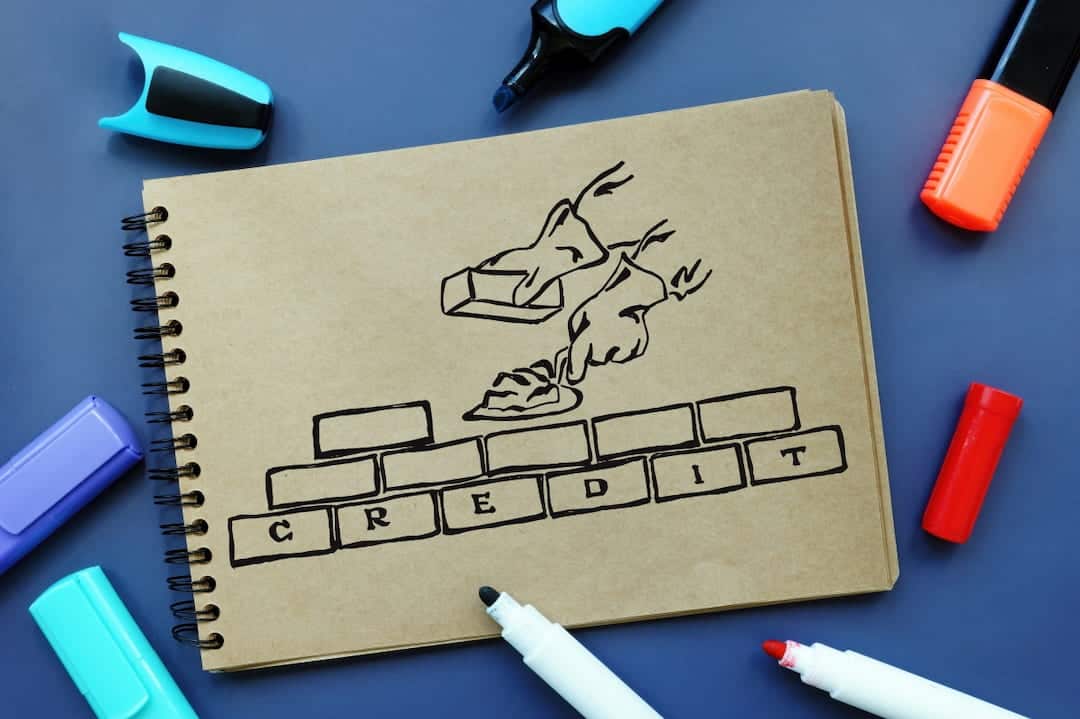
How Long Does it Take to Build Credit from 500 to 700?
If you didn’t file for bankruptcy or had a financial setback that resulted in multiple missed payments, taking a 500-score to move higher to a 700-score is easier. You just have to be diligent in making on-time payments and reducing debt. Do this consistently for about 3 to 4 years and you can boost your score successfully.
How to Maintain A Good Credit Score
If your credit score is above 700 and you just want to maintain it, you just have to keep paying your bills on time, maintain your credit history with an older credit card, stay on your credit limit, and regularly review your credit report to check errors and negative information. Also, only apply for a new loan or credit card if you need it.
Rebuilding a Credit Score
The process of rebuilding your credit is totally different from just maintaining a flawless credit report. Once you bring your score down to a bad credit level, the first thing you need to do is obtain a credit report.
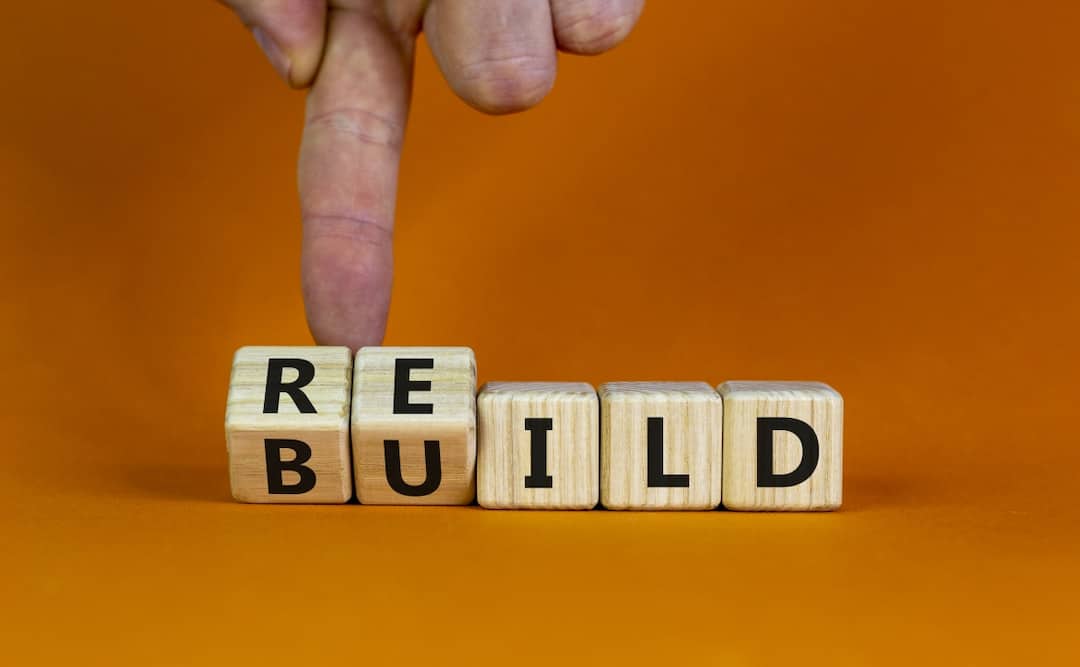
What is the most important factor in rebuilding credit?
If you can, request credit reports from both Equifax and TransUnion. You have 1 free credit report each year. Even if you’ve been paying your credit cards and loan diligently, check your credit to fix any report errors and discrepancies that may affect your credit scoring.
Such negative information isn’t entirely your fault, since these financial errors could be caused by reporting institutions, lenders and credit bureaus. However, by NOT checking your credit report regularly, you won’t be able to rectify these errors and erase negative info from your report.
Once you have this information, you can now make a plan and list steps to take to improve your bad credit. Define your goals, too! Are you rebuilding to get lower interest on a loan?
Important Steps to Rebuild Credit
Get Debt Counseling
If you don’t know how to pay your debt and have no idea how you got to your financial situation, counseling can help you identify what went wrong and what steps you can take to get back on track.
Make timely payments
Make timely payments on any remaining credit account you have. Make sure to settle any arrangements you created with lenders and collections. Before rebuilding can occur, you need to be free from any disputes and debts.

Rebuild Your Credit with These Techniques
- Get a secured credit card. You’ll need cash as a deposit (starting at $500), which will also serve as your credit limit. The interest rate is higher since you are still considered a high-risk borrower. When obtaining a secured credit card account, inquire if the repayments will be reported to TransUnion, Experian, or Equifax. FYI, not all credit bureaus include a person’s spending habits on a secured credit card.
- Subscribe to a phone package with a contract. Phone companies are not as strict as banks. When you pay for a monthly phone subscription, you are proving you are a responsible payor.
- Request rent payments reported to credit bureaus. For renters, this trick is easier to do since you already make monthly rent payments. Pay your rent with the Landlord Credit Bureau to help improve your credit.
- Get an app to help you manage payments. You have to make payments on time. If your problem began just because you keep on forgetting account due dates, an app should do the trick in reminding you of your responsibilities.
- Join a credit rebuilding program. You may often feel lost when you realize your financial standing is a mess. If counselling or finance apps cannot help, maybe it’s time to join a credit-rebuilding program to assist you in all aspects of debt management and credit rebuilding.
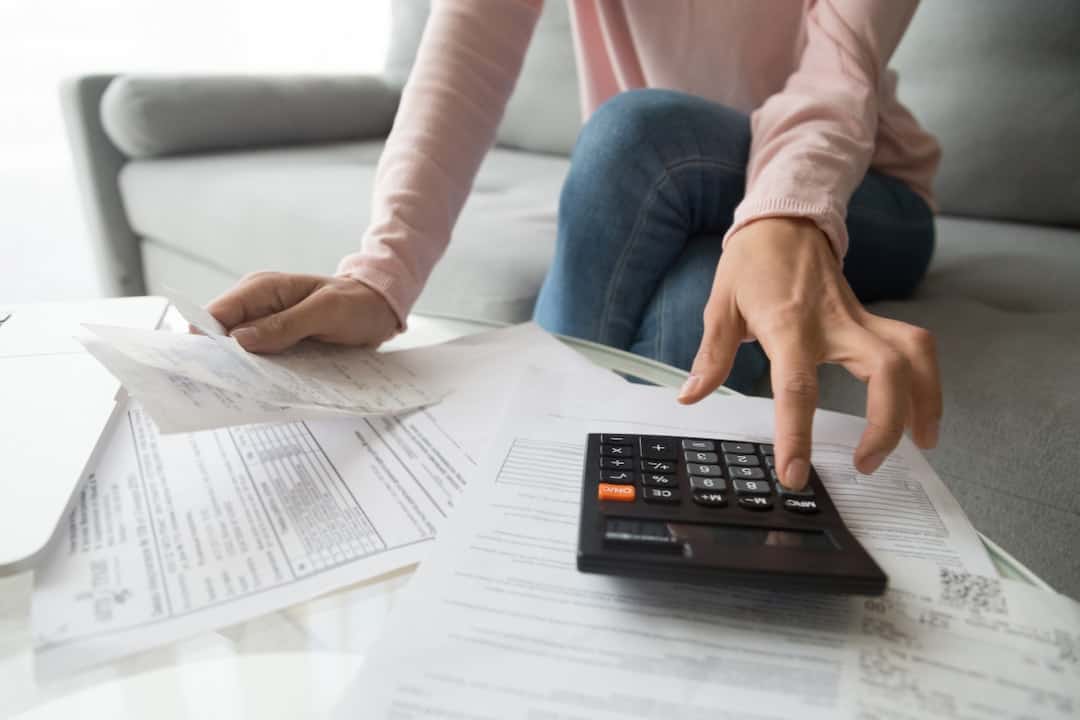
How long does it take to rebuild credit after paying off debt?
Multiple records of insolvency (someone’s inability to pay off debt) stay on your credit report for about 6 years.
Bankruptcy records could stay on one’s report from 10 years to 14 years. This is why bankruptcy is recommended only as a last resort if you absolutely cannot pay your debts.
Does closing an open credit card help rebuild your credit score?
If the open credit card is a long-standing account, then closing it would actually be a wasted opportunity to rebuild your credit score. Instead of getting rid of unused credit accounts, start using them again at least once a month, but in smaller amounts.
If you’re still working on your spending habits and do not trust yourself with high-limit credit accounts, lock the actual card in a safe until you’ve settled the accounts’ balances completely.
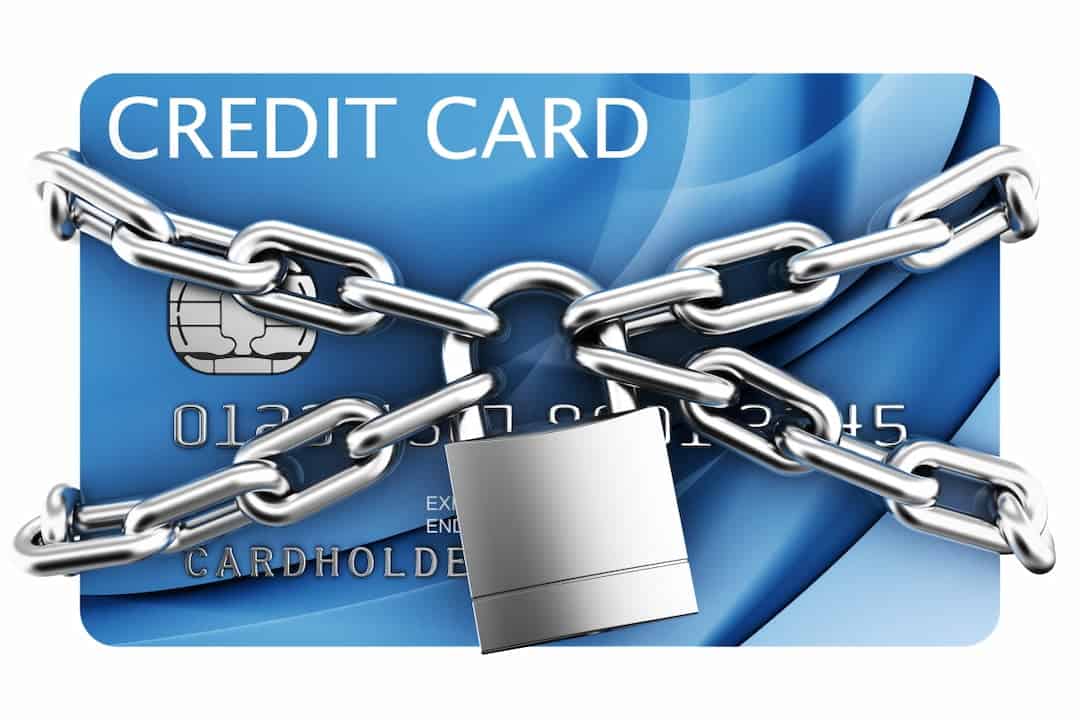
The Bottom Line
Everyone has different circumstances in life, so how long it takes to pay off a loan may differ from one person to the next. If Jane can get herself free of debt in a year, then the time she can repair her bad credit is shorter. Of course, this still depends if she is just coming from a 500 credit score, or if she went into bankruptcy and is starting from scratch again.
One thing is sure: once you start paying your bills on time and lowering your debt, you will begin to see an improvement.
Once you reach your goal credit score, make sure to do whatever it takes to maintain your score on that level.